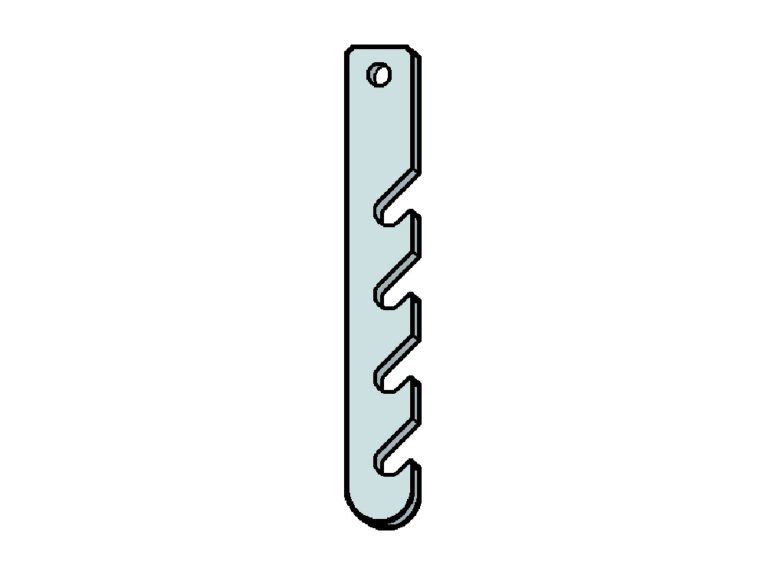Adjective: paresseux
Meaning
“Paresseux” is a French adjective used to describe a person or thing as “lazy” or “idle.”
Corresponding Noun
“La paresse” is a related feminine noun that means “laziness,” “sloth,” or in a medical context, “sluggishness.”
Gender & number
The adjective “paresseux” takes on different forms depending on the gender and number of the noun it modifies.
- Masculine Singular: “Paresseux”
- Feminine Singular: “Paresseuse”
- Masculine Plural: “Paresseux”
- Feminine Plural: “Paresseuses”
Etymology
The word “paresseux” has its origins in the Old French term “parrecious,” which means “inert” or “lazy.” Over the centuries, it evolved into “paresseux” to describe a person or thing characterized by sloth or idleness. The word originally came from the Latin “pigritia,” which means “laziness” or “apathy.”






